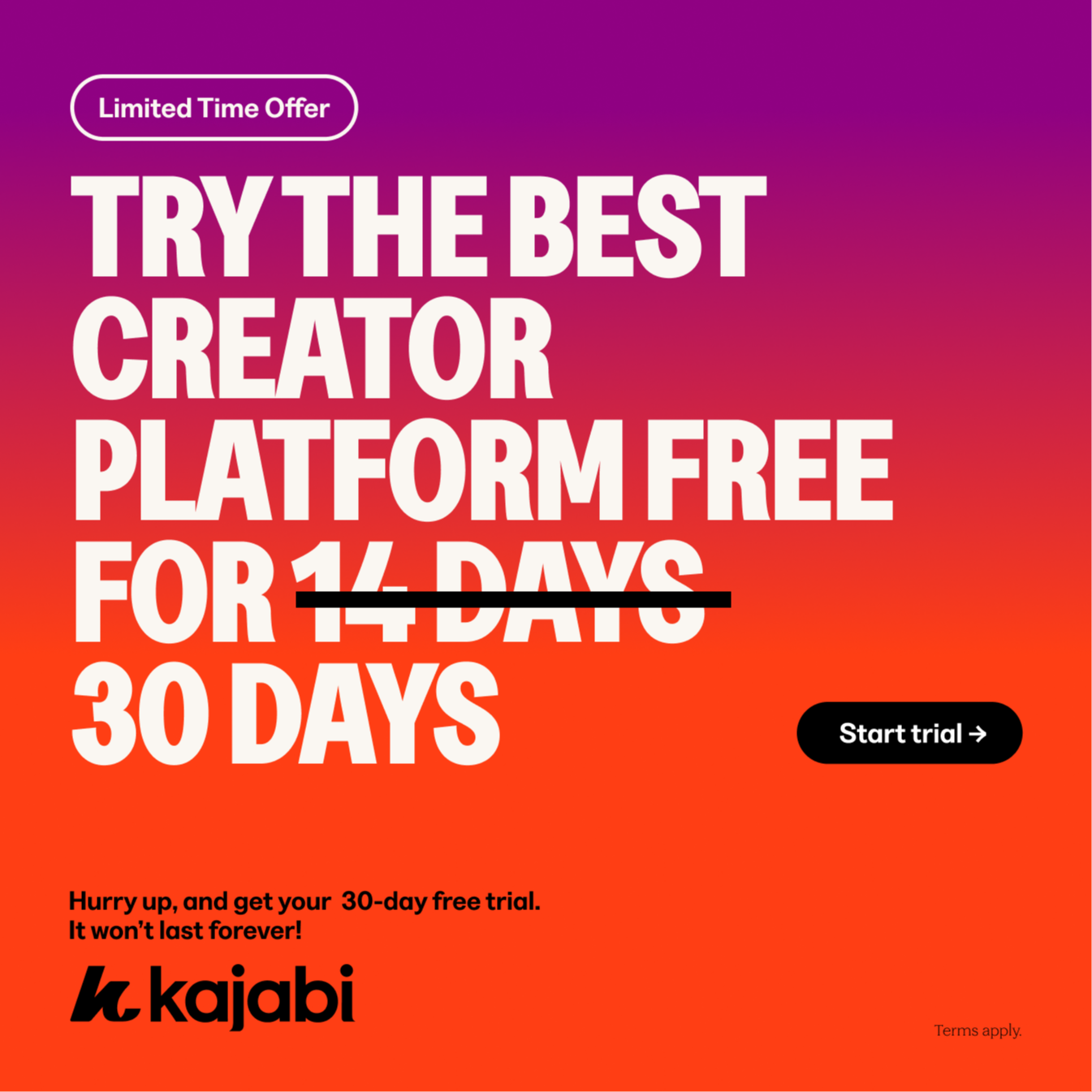Turning Books into Online Courses: A Step-by-Step Guide

We often get approached by authors looking to potentially convert their non-fiction book into an engaging online course.
It’s a promising endeavour as courses can be highly profitable compared to books.
But how do you determine if a book is well-suited for transformation into an e-learning experience?
Below is the list of criteria we developed for this very purpose.
Whether you are the author or a course developer we hope this will help you make the decision.
Assessing the Book's Suitability for Conversion
1. Dive into the Book's Content
- Comprehensive Content: Assess if the book covers a broad range of topics or concepts that can be segmented into course modules or sections.
- Actionable Content: Check if the book provides actionable advice, exercises, or steps that can be translated into practical course activities.
- Engagement Potential: Evaluate if the book's content is engaging and can sustain learners' interest throughout a course.
2. Structure Evaluation
- Chapter Breakdown: Analyze the book's structure to determine if chapters or sections can be translated into individual course modules or lessons.
- Logical Flow: Ensure the content progression allows for a logical flow from one module to another, facilitating a coherent course structure.
3. Learning Objectives and Outcomes
- Identifiable Objectives: Verify if the book's content aligns with clear learning objectives that can guide the course development.
- Measurable Outcomes: Determine if the book's content enables the creation of measurable learning outcomes for course assessment.
4. Interactive Elements Possibility
- Activities and Exercises: Look for opportunities within the book's content to include interactive elements such as quizzes, exercises, case studies, or discussions.
- Multimedia Integration: Assess the potential for integrating multimedia elements like videos, images, or infographics to enhance the learning experience.
5. Audience Fit
- Target Audience: Evaluate if the book's content caters to a specific audience or demographic that would benefit from an online course format.
- Market Demand: Consider the market demand or interest in the book's topic to gauge the potential audience for the online course.
6. Adaptability and Expansion
- Adaptation Potential: Determine if the book's content can be adapted or expanded upon to create additional value in a course format.
- Supplemental Material: Assess the availability of supplementary materials or resources that can complement the course content.
7. Expert Involvement
- Author Collaboration: Explore the possibility of involving the book's author or subject matter experts to enhance the course development and credibility.
By conducting a holistic assessment based on these criteria, you'll gain insights into whether a non-fiction book is suitable for transformation into a captivating online course.
Schedule a Free Discovery Call
Are you looking for support in planning, designing, creating, publishing or promoting your online courses? Schedule a call and let's explore how we can help you.
GET KAJABI FREE FOR 30 DAYS
Try Kajabi for 30 days for free.

50% Complete
Add Your Details
Add your details and we will email you helpful advice and insights. You can unsubscribe at any time.



